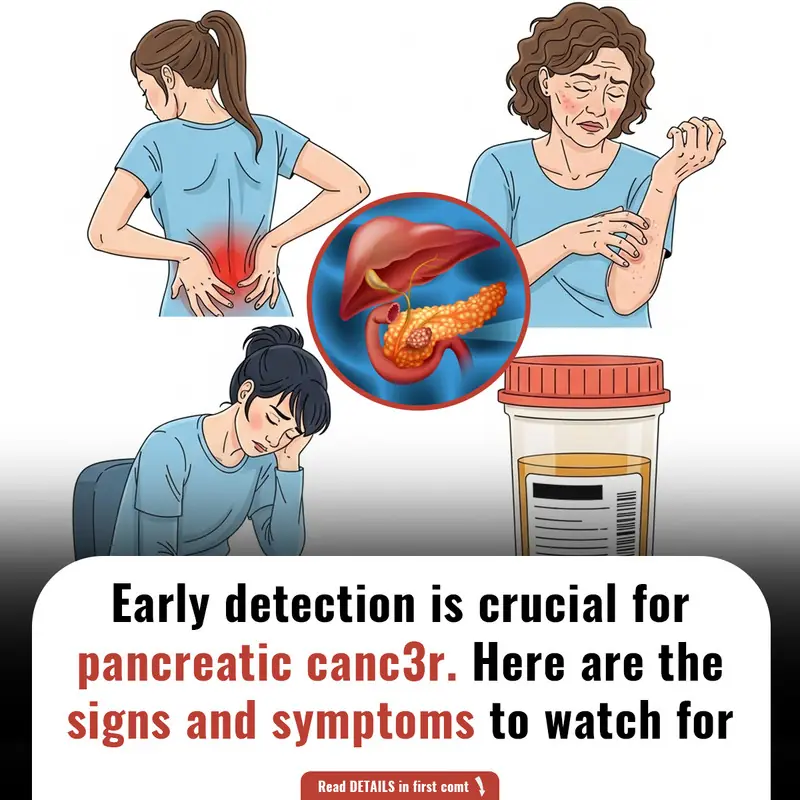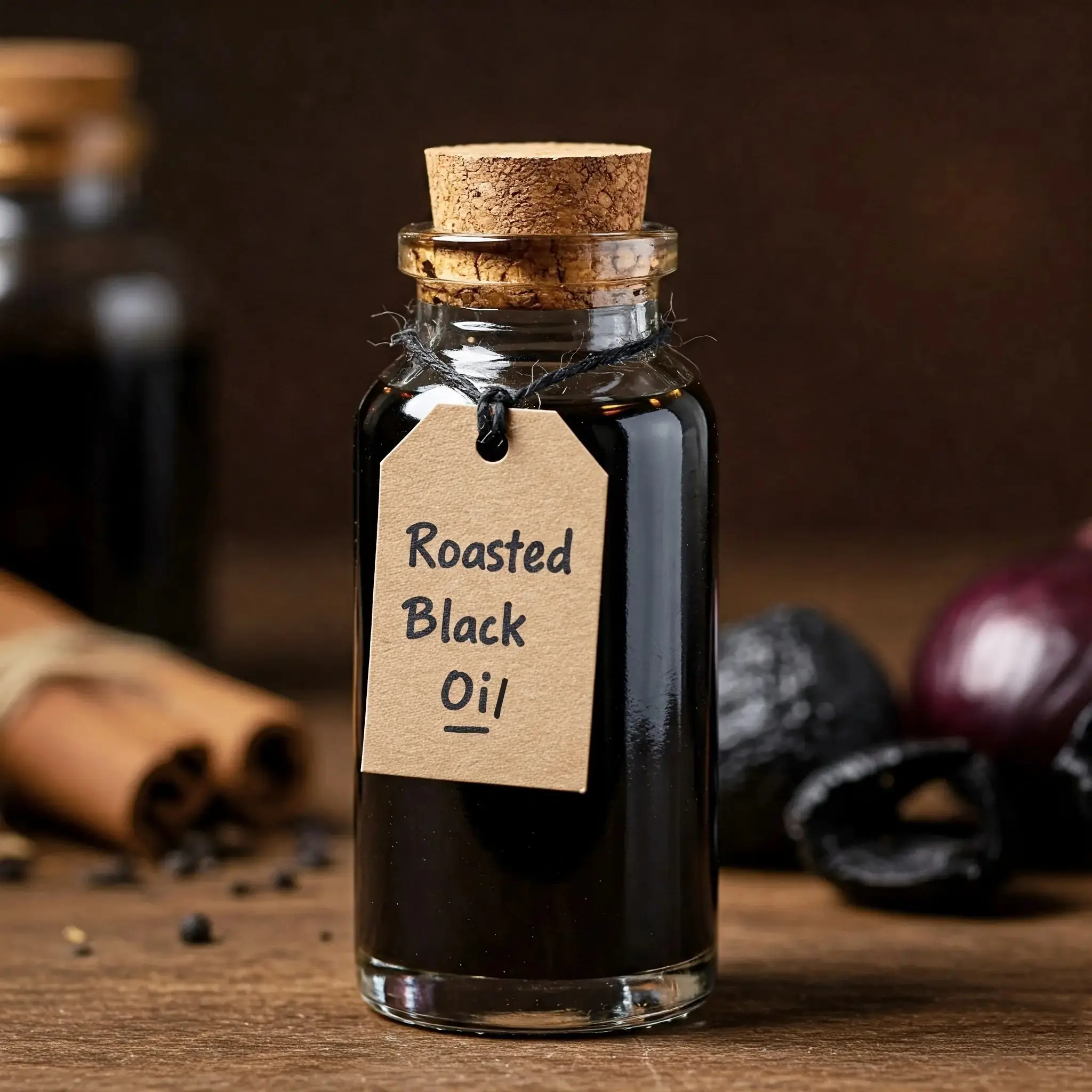
Fiber May Help Flush Out T0xic ‘Forever Chemicals,’ New Study Suggests
A new study suggests that dietary fiber, specifically beta-glucan found in oats and mushrooms, could reduce harmful PFAS levels in the body, potentially aiding in the elimination of cancer-causing chemicals.
Eating More Fiber Could Help Eliminate Cancer-Causing 'Forever Chemicals,' Study Reveals
A groundbreaking study from Boston University has revealed that increasing fiber intake may help rid the body of harmful "forever chemicals," which have long been linked to an increased risk of cancer, infertility, and organ failure. Researchers found that supplementing with beta-glucan fiber significantly reduced toxic PFAS (per- and polyfluoroalkyl substances) levels in the bloodstream, offering a potential method to detoxify the body from these dangerous chemicals.
PFAS, a group of synthetic chemicals found in everyday products such as non-stick cookware, firefighting foam, and food packaging, do not naturally break down and accumulate in the environment. Unfortunately, they also accumulate in the human body, leading to long-term exposure that can disrupt the endocrine system and damage vital organs. This new study provides one of the first scientifically-backed ways to flush out these toxic substances, which were once thought to remain in the body indefinitely.
A Groundbreaking Study on Fiber and PFAS Detoxification
In the study, which was published in Environmental Health in March, 72 adult men aged 18 to 65 participated in a four-week experiment to test the effects of fiber on PFAS reduction. The participants were divided into two groups: one group took a supplement of oat-derived beta-glucan fiber three times a day, while the other group consumed a rice-based supplement as a control. Blood tests before and after the experiment showed a marked reduction in PFAS levels in the fiber group.
Men who consumed the beta-glucan fiber showed an eight percent decrease in two of the most dangerous forms of PFAS, perfluorooctanoate acid (PFOA) and perfluorooctanesulfonic acid (PFOS). These chemicals, commonly used in non-stick cookware and stain-resistant products, are not only harmful to the body but are also classified as potential carcinogens. PFOA is recognized as a Group 1 carcinogen, while PFOS is considered a Group 2 carcinogen.
The Role of Fiber in Detoxifying the Body
Researchers believe that fiber plays a key role in eliminating PFAS by forming a gel-like substance that helps remove excess bile acids from the digestive system. PFAS binds to bile, which helps break down fats in the gut. The excess bile, along with the attached toxins, is then excreted through feces rather than being reabsorbed into the bloodstream. This process essentially flushes the chemicals out before they can accumulate and cause long-term damage.
The study's authors emphasize the importance of fiber in the diet and warn that despite fiber's effectiveness in removing PFAS, not all fiber types may produce the same results. More research is needed to identify other fibers that could offer similar benefits in detoxifying the body from harmful chemicals.
PFAS Exposure: A Growing Health Concern
PFAS chemicals are present in numerous household items, from cooking utensils to food packaging, and are pervasive in the environment. These chemicals are often referred to as “forever chemicals” because they do not degrade naturally and can accumulate in both the environment and human body for decades.
Studies have shown that even low levels of PFAS exposure can lead to various health issues, including hormone disruption, cancers, asthma, fertility problems, and developmental issues in children. Notably, PFAS has also been linked to conditions like obesity, birth defects, and diabetes. Given their widespread use and persistence in the environment, reducing exposure to PFAS is increasingly critical.
Fiber: A Simple Yet Powerful Tool for Health
In addition to its role in detoxifying the body, fiber is already well-known for its numerous other health benefits. It aids in digestive health, promotes regular bowel movements, and can reduce the risk of constipation. By making stools bulkier and easier to pass, fiber ensures that harmful substances spend less time in the colon, potentially reducing the risk of colon cancer.
Fiber’s ability to support gut health also has broader implications for overall well-being, making it an essential part of any balanced diet. The study's findings suggest that dietary fiber, particularly beta-glucan, can play a critical role in minimizing exposure to environmental toxins, further highlighting the need for a fiber-rich diet.
A Step Toward Safer Living
While fiber supplementation may not be a cure-all, it represents a step forward in understanding how we can combat the effects of toxic chemicals in our environment. As the dangers of PFAS continue to gain recognition, this research provides a promising, scientifically-supported method to mitigate the harmful effects of these chemicals on the human body.
For those looking to lower their exposure to PFAS, incorporating more fiber-rich foods like oats, mushrooms, and seeds into their daily diet may offer a simple, natural solution to reduce their health risks.
As more studies emerge, the role of dietary fiber in reducing PFAS exposure could become an essential part of preventive health measures, potentially offering a safer future for generations to come.
News in the same category


36-Year-Old Teacher Passed Away From Diabetes Doctors Say Was Triggered By Everyday Foods
Diabetes is a dangerous condition with numerous complications, and diet is a key factor.

Experts issue urgent warning about terrifying hidden symptom from taking Mounjaro and Ozempic
Experts have issued an urgent warning about a symptom that can come to light from taking drugs such as Mounjaro and Ozempic.

The Benefits of Epsom Salt Foot Soak: A Natural Remedy for Foot Pain and Health
Discover the health benefits of Epsom salt foot soaks, including pain relief, exfoliation, fungal infection treatment, and more. Learn how to safely use Epsom salt for foot health.

What Causes Blue Veins? Understanding the Reasons and When to Seek Help
Blue or green veins are common, but when should you worry? Learn the possible causes of visible veins, from genetics to lifestyle factors, and when it may indicate a medical condition.

7 Early Warning Signs of Diabetes You Shouldn’t Ignore: Act Now for Better Health
Learn about 7 early warning signs of diabetes that could be easily overlooked. Early detection can help manage diabetes, prevent complications, and improve quality of life. Read on for expert insights.

Genetic Link Between Endometriosis and Autoimmune Diseases Revealed in New Study
A new study has identified a shared genetic link between endometriosis and autoimmune conditions. Women with endometriosis are at a higher risk for diseases like rheumatoid arthritis, multiple sclerosis, and psoriasis.

People Warned to See a Doctor After Sharing Photo of Concerning Dark Line on Finger
A Reddit user received warnings to see a doctor immediately after posting an image of a dark line on their finger. Learn about melanonychia and why nail discoloration can be a serious health concern.

Breakthrough in Parkinson’s Treatment: Japanese Scientists Successfully Implant Lab-Grown Brain Cells
Japanese researchers have made a groundbreaking discovery in Parkinson’s treatment using lab-grown brain cells. Early results from the clinical trial show promising improvements in movement and dopamine production.

4 Simple Steps to Cool Your Home Faster and Save on Electricity Before Turning on the Air Conditioner

3-Blade vs. 5-Blade Fans: Which Cools Better? The Truth Behind Common Misconceptions

The Alarming Rise of Bowel C@ncer in Young Adults: Is Your Diet to Blame

United Airlines Passenger Punches Gate Agent, Kn0cking Them Out

Should You Close or Leave the Toilet Lid Open After Use? 90% of People Get It Wrong — Here's Why Your Bathroom Always Smells

4 Everyday Foods That Fuel C@ncer Cells

Fatty Liver Disease: A Silent Pathway to Liver C@ncer

The Hidden Purpose of the Pocket in Women's Underwear: More Than Just a Design Feature
In actuality, the "pocket" in women's underwear is actually a gusset, which serves a number very valid purposes.

This quick 'cup of tea' test could be a simple way to spot early signs of dementia in a loved one

A doctor has revealed a simple thumb test that can uncover a "ticking time b0mb" heart condition

Avocados are incredibly healthy, if using them incorrectly in these 3 common ways could actually have adverse effects
News Post

The Woman Who Walked Away: A Journey of Self-Discovery and Empowerment
A powerful tale of self-realization as Alina breaks free from a toxic relationship, finding strength and confidence after a painful breakup. Discover how she chooses her own path towards happiness and independence.

Silent Signals: Recognizing the Subtle Symptoms of Pancreatic C@ncer

The Earring in the Passenger Seat: A Suspicious Find Leads to a Truthful Confrontation
A woman finds a sh0cking truth after discovering a mysterious child’s drawing in her fiancé’s car. Suspicion, betrayal, and secrets unravel as she confronts him, ultimately deciding the fate of their relationship.

Am I Wrong for Not Laughing at My Fiancé's "Jokes" About Calling Off Our Wedding?
A bride-to-be is questioning her relationship after her fiancé repeatedly jokes about calling off their wedding. What happens when humor crosses the line into hurtful behavior?

36-Year-Old Teacher Passed Away From Diabetes Doctors Say Was Triggered By Everyday Foods
Diabetes is a dangerous condition with numerous complications, and diet is a key factor.

Experts issue urgent warning about terrifying hidden symptom from taking Mounjaro and Ozempic
Experts have issued an urgent warning about a symptom that can come to light from taking drugs such as Mounjaro and Ozempic.

The Benefits of Epsom Salt Foot Soak: A Natural Remedy for Foot Pain and Health
Discover the health benefits of Epsom salt foot soaks, including pain relief, exfoliation, fungal infection treatment, and more. Learn how to safely use Epsom salt for foot health.

What Causes Blue Veins? Understanding the Reasons and When to Seek Help
Blue or green veins are common, but when should you worry? Learn the possible causes of visible veins, from genetics to lifestyle factors, and when it may indicate a medical condition.

DIY Rice Cream for Radiant, Youthful Skin: The Japanese Secret to Erasing Wrinkles & Fine Line
With its powerful combination of rice, almond oil, and vitamin-rich ingredients, this rice cream provides nourishment, hydration, and antioxidant protection to your skin.

7 Early Warning Signs of Diabetes You Shouldn’t Ignore: Act Now for Better Health
Learn about 7 early warning signs of diabetes that could be easily overlooked. Early detection can help manage diabetes, prevent complications, and improve quality of life. Read on for expert insights.

5 Homemade Skin Toners for Smooth, Glowing Skin: Natural Remedies for Every Skin Type
By incorporating these toners into your daily routine, you can expect healthier, brighter, and more balanced skin without the use of harsh chemicals.

Genetic Link Between Endometriosis and Autoimmune Diseases Revealed in New Study
A new study has identified a shared genetic link between endometriosis and autoimmune conditions. Women with endometriosis are at a higher risk for diseases like rheumatoid arthritis, multiple sclerosis, and psoriasis.

Roasted Onion Peel and Garlic Peel Remedies for Grey Hair: Natural Solutions for Dark, Vibrant Hair
. Roasted onion peel and garlic peel offer effective, safe, and natural alternatives that can help you combat grey hair and restore youthful vitality.

People Warned to See a Doctor After Sharing Photo of Concerning Dark Line on Finger
A Reddit user received warnings to see a doctor immediately after posting an image of a dark line on their finger. Learn about melanonychia and why nail discoloration can be a serious health concern.

Breakthrough in Parkinson’s Treatment: Japanese Scientists Successfully Implant Lab-Grown Brain Cells
Japanese researchers have made a groundbreaking discovery in Parkinson’s treatment using lab-grown brain cells. Early results from the clinical trial show promising improvements in movement and dopamine production.

4 Simple Steps to Cool Your Home Faster and Save on Electricity Before Turning on the Air Conditioner

Effective Cumin Seed Detox Tonic for Belly Fat Reduction: Your Ultimate Guide to a Flatter Midsection
The cumin seed detox tonic is a natural, easy-to-make remedy that can help accelerate belly fat loss, improve digestion, and enhance overall health.

3-Blade vs. 5-Blade Fans: Which Cools Better? The Truth Behind Common Misconceptions

The Alarming Rise of Bowel C@ncer in Young Adults: Is Your Diet to Blame
